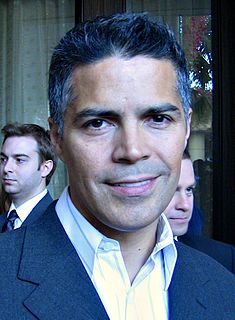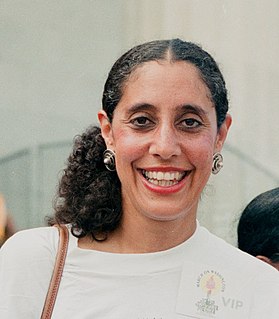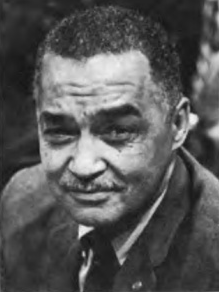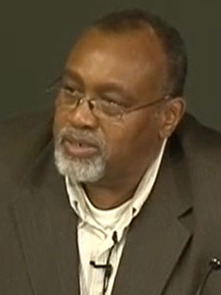A Quote by Dean Spade
Critical Race Theory offers of discrimination frameworks as ways of understanding and eradicating racism. The focus on "discrimination" as the way to understand racism in the US has meant that racism is considered a question of discriminatory intentions - whether or not somebody intentionally left someone out or did something harmful because of their biased feelings about a person's race. This focus on individual racists with bad ideas hides the reality that racism exists wherever conditions of racialized maldistribution exist.
Quote Topics
About
Bad
Bad Idea
Bad Ideas
Because
Biased
Conditions
Considered
Critical
Did
Discrimination
Exist
Exists
Feelings
Focus
Harmful
Ideas
Individual
Intentionally
Intentions
Left
Meant
Offers
Out
Person
Question
Race
Racism
Reality
Somebody
Someone
Something
Theory
Understand
Understanding
Us
Way
Ways
Wherever
Whether
Related Quotes
The new racism: Racism without 'racists.' Today, racial segregation and division often result from habits, policies, and institutions that are not explicitly designed to discriminate. Contrary to popular belief, discrimination or segregation do not require animus. They thrive even in the absence of prejudice or ill will. It's common to have racism without racists.
In America, racism exists but racists are all gone. Racists belong to the past. Racists are the thin-lipped mean white people in the movies about the civil rights era. Here's the thing: the manifestation of racism has changed but the language has not. So if you haven't lynched somebody then you can't be called a racist. If you're not a bloodsucking monster, then you can't be called a racist. Somebody has to be able to say that racists are not monsters.
This film isn't about "white racism", or racism at all. DEAR WHITE PEOPLE is about identity. It's about the difference between how the mass culture responds to a person because of their race and who they understand themselves to truly be. And this societal conflict appears to be one that many share.
The core of racism is the notion that the individual is meaningless and that membership in the collective - the race - is the source of his identity and value. ... The notion of 'diversity' entails exactly the same premises as racism - that one's ideas are determined by one's race and that the source of an individual's identity is his ethnic heritage.
Another response to racism has been the establishment of unlearning racism workshops, which are often led by white women. These workshops are important, yet they tend to focus primarily on cathartic individual psychological personal prejudice without stressing the need for corresponding change in political commitment and action. A woman who attends an unlearning racism workshop and learns to acknowledge that she is racist is no less a threat than one who does not. Acknowledgment of racism is significant when it leads to transformation.
Racial problems can't be easily reconciled with a pat account about racism and discrimination that lets us sort of relax into saying when we finally get this right, when we get rid of racism, when we reach the post-racial society, everything is going to be okay. Well, no, because along the way here, as we've not yet been in this racial nirvana, facts on the ground have been created.




































